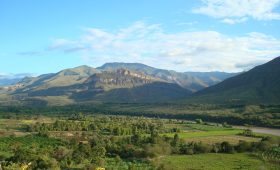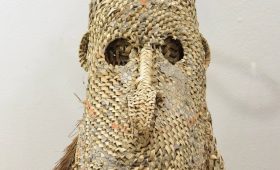Exploring the Dakar Grand Mosque
About the Mosque
The Dakar Grand Mosque is a prominent landmark in Senegal’s capital, Dakar. Opened in 1964, it was designed by Moroccan and French architects and inaugurated by King Hassan II of Morocco and Senegalese President Léopold Sédar Senghor. The mosque is a significant cultural and religious site, reflecting Senegal’s rich Islamic heritage.
Architectural Highlights
The mosque is an architectural masterpiece, combining traditional Islamic motifs with modern design elements. Its minaret, rising to 67 meters, is a defining feature. The mosque’s design is reminiscent of the Mausoleum of Mohammed V in Rabat, Morocco, with intricate geometric patterns and richly decorated interiors and exteriors.
Capacity and Significance
With the ability to accommodate over 7,000 worshippers, the Dakar Grand Mosque is one of the largest in West Africa. It serves as a vital center for religious activities and community gatherings, symbolizing unity and cultural identity in Senegal.
Best Time to Visit
Plan your visit during Senegal’s dry season, from November to May, when the weather is more comfortable for exploring. Be prepared for the hot and humid climate typical of the region.
Getting There
- By Air: Fly into Blaise Diagne International Airport, the nearest airport to Dakar. From there, taxis and local buses can take you to the mosque.
- By Public Transportation: Dakar offers affordable public transport options, including buses and “Car Rapides,” which are convenient for reaching the mosque.
- By Taxi: Taxis are widely available in Dakar. It’s advisable to agree on the fare before starting your journey.
Local Transportation
- Walking: The mosque’s central location makes it accessible on foot, allowing you to experience the lively atmosphere of Dakar.
- Taxis: Use taxis for traveling to other parts of the city or nearby areas. They are a reliable option for getting around.
- Car Rentals: Renting a car offers flexibility, but be aware of potential traffic congestion in the city.
Additional Insights
The mosque also houses the Islamic Institute of Dakar, established in 1964. This public institution, under the Senegalese Minister of Education, focuses on Islamic research and education. The institute’s library, named after Prince Naef Ben Abdelaziz Al-Saoud, opened in 2004, adding to the mosque’s educational significance.



